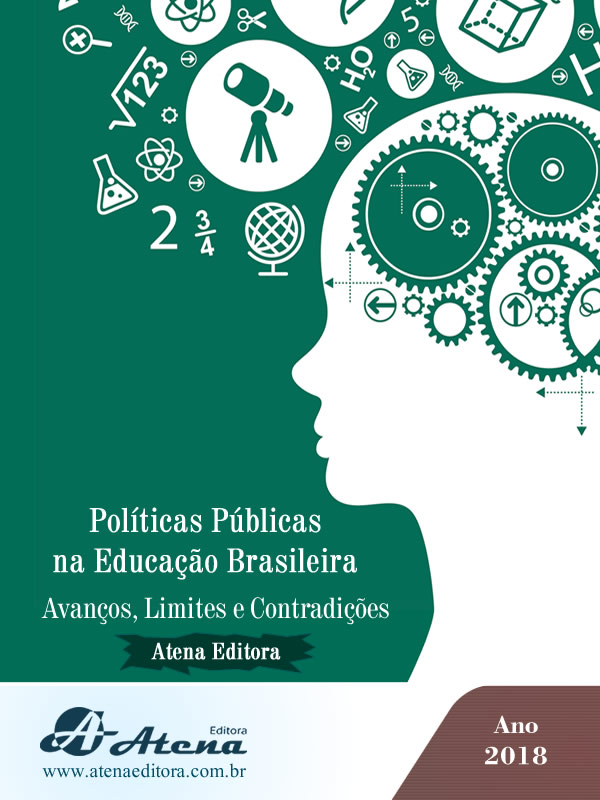
O INSTRUTOR DE CONDUTORES DE VEÍCULOS: UM AGENTE DE LETRAMENTO PARA O TRÂNSITO
O uso da linguagem faz parte das práticas mais antigas do ser humano e
serve como artefato para comunicar, registrar, dentre outras funções. Nesse interim,
emergem profissionais que a utilizam como mecanismo de agência. Com base
nessas reflexões, o presente trabalho procura discutir o papel do instrutor do curso
de formação de condutores de automóveis como agente de letramento.
Teoricamente, o trabalho encontra-se ancorado nas concepções de letramento como
prática social (OLIVEIRA; KLEIMAN, 2008; BARTON; HAMILTON, 1998), de linguagem
como mediadora das atividades no trabalho (SOUZA-E-SILVA; FAITA, 2002; PAZ,
2008) e de agência como posicionamentos assumidos pelos indivíduos por meio da
interação com os diversos textos (BANDURA, 2001; ARCHER, 2000).
Metodologicamente, segue a abordagem de pesquisa qualitativa (BODGAN; BIKLEN,
1994), com traços da vertente etnográfica (ANDRÉ, 1995; CANÇADO, 1994). O
córpus foi gerado por meio do acompanhamento das atividades laborais dos
instrutores em eventos de letramento voltados para condutores em formação. As
análises apontam para a relevância que o trabalho dos instrutores como agentes de
letramento no trabalho assumem, uma vez que as atividades de linguagem utilizadas
no âmbito profissional assumem espaço importante no estabelecimento de relação
e na efetivação do trabalho. Esperamos que essa investigação suscite discussões
sobre o tema e que outros olhares sejam lançados acerca das práticas de linguagem
profissionais.
O INSTRUTOR DE CONDUTORES DE VEÍCULOS: UM AGENTE DE LETRAMENTO PARA O TRÂNSITO
-
DOI: Atena
-
Palavras-chave: Práticas de letramento, Letramento profissional; Agência de letramento.
-
Keywords: Literacy practices, Professional writing; Literacy Agency
-
Abstract:
The use of language is part of the oldest practices of the human being
and serves as an artifact to communicate, register, among other functions. In the
meantime, professionals emerge that use it as an agency mechanism. Based on
these reflections, the present work seeks to discuss the role of the instructor of the
training course of car drivers as a literacy agent In theoretical terms, it anchors in
Literacy Studies, comprehended here as social practices (OLIVEIRA; KLEIMAN, 2008;
BARTON; HAMILTON, 1998), of language as a mediator of work activities (SOUZA-ESILVA; FAITA, 2002; PAZ, 2008) and agency as positions assumed by individuals
through interaction with the various texts (BANDURA, 2001; ARCHER, 2000). In terms
of methodology, it follows the bias of qualitative research, because of its
ethnographic nature (BODGAN; BIKLEN, 1994), with traits of the ethnographic aspect
(ANDRÉ, 1995; CANÇADO, 1994). (ANDRÉ, 1995; CANÇADO, 1994). The research
corpus was generated through the follow-up of the instructors' work activities at
literacy events aimed at drivers in training. The analyses point to the relevance that
the work of the instructors as agents of literacy in the work assume, since the
activities of language used in the professional scope assume important space in the
establishment of relation and the effectiveness of the work. We hope that this
research will spark discussions on the subject and that other looks will be released
about professional language practices.
-
Número de páginas: 15
- Klébia Ribeiro da Costa
- Ana Maria de Oliveira Paz
- KLÉBIA RIBEIRO DA COSTA


